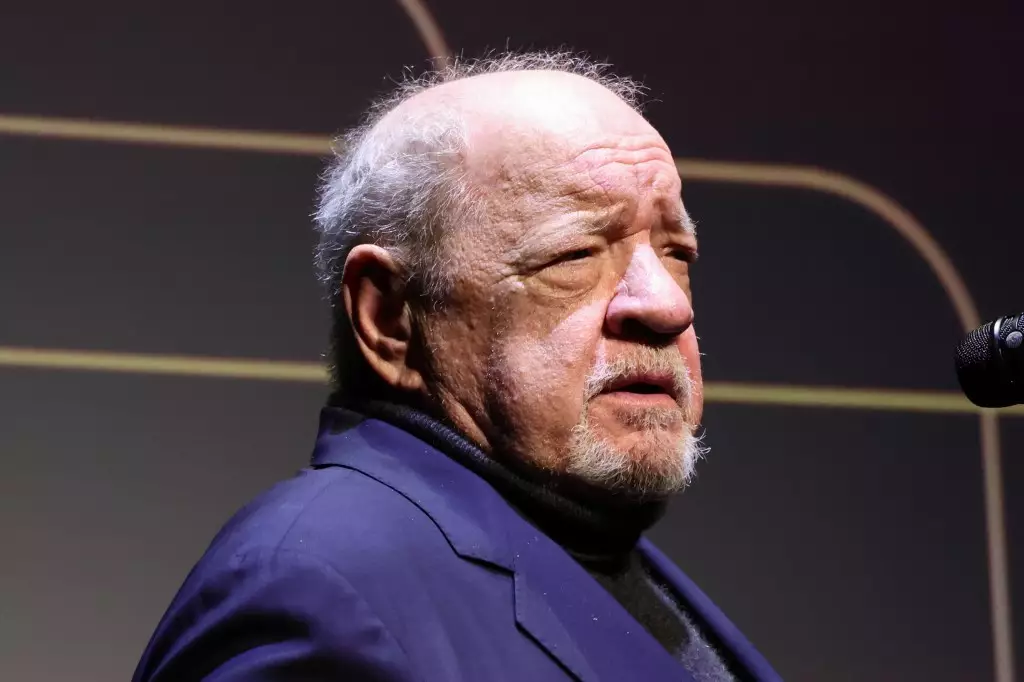The recent allegations leveled against filmmaker Paul Schrader have cast a long shadow over his celebrated career, transforming a figure synonymous with cinematic glory into a controversial symbol of misconduct. The lawsuit by a former personal assistant, who claims sexual assault and harassment during her tenure, is not just another case in the flood of accusations that have emerged from Hollywood’s darker corridors; it is a potent reminder of the toxic interplay between power and exploitation that continues to plague the industry, threatening to undermine humanitarian principles.
The nature of the accusations is disturbing. According to reports, the complainant describes a predatory dynamic in which Schrader allegedly wielded his status as both a renowned filmmaker and her employer to impose a sexually hostile work environment. Reports depict an alarming series of events—forced advances, unwanted sexual commentary, and a degrading atmosphere filled with intimidation. This is not merely about an artistic titans’ alleged misdeeds; it encapsulates the systemic oppression many have faced, where the vulnerability of those striving to carve out their paths in a competitive industry is mercilessly exploited.
Power Play: The Battle of a Settled Agreement
Schrader’s reported reneging on a confidential settlement casts further doubt on his character while presenting a troubling narrative about accountability within the artistic community. Lawsuits involving sexual misconduct often hinge on the nebulous realm of settlements and confidentiality, where the power dynamics suggest a significant imbalance. By allegedly breaking the agreement, Schrader raised poignant questions about the sincerity behind his denial of the claims. Is this merely a tactical move, or does it signal a denial of empathy and recognition of victims’ struggles?
The complexities surrounding this case underline a broader societal issue where victims are frequently painted as opportunists rather than heralded for their bravery in speaking out. Schrader’s attorney’s description of the allegations as “desperate” and “frivolous” exemplifies an all-too-familiar narrative used to discredit survivors. Such statements perpetuate a culture that places the rights of powerful men above the voices of the vulnerable—yet another battle that those in the center wing of liberalism must confront in the quest for social justice.
A Cultural Reckoning or a Permanent Stain?
As someone who acknowledges the transformative power of art and storytelling, it is painfully ironic that figures like Schrader—who captured the struggles of humanity on screen—now stand accused of starkly contrasting behavior. The disparity between the art he produced and the life he allegedly led brings forth a critical reflection on the heroes we choose to idolize. This is not merely about one man’s alleged failings; it raises essential questions about the broader film community’s complicity in protecting misconduct behind the curtain of fame.
As film enthusiasts and advocates for social change, we must wrestle with the troubling reality that many revered figures might harbor deeply problematic behaviors. Striking a balance between appreciating art while holding its creators accountable is essential in today’s culture—a challenging but necessary journey toward unearthing the truth. Until Hollywood addresses systematic issues of power abuse head-on, the industry remains shackled by its past, and the rich, vibrant stories we cherish become tainted by shadows lurking in the background.

